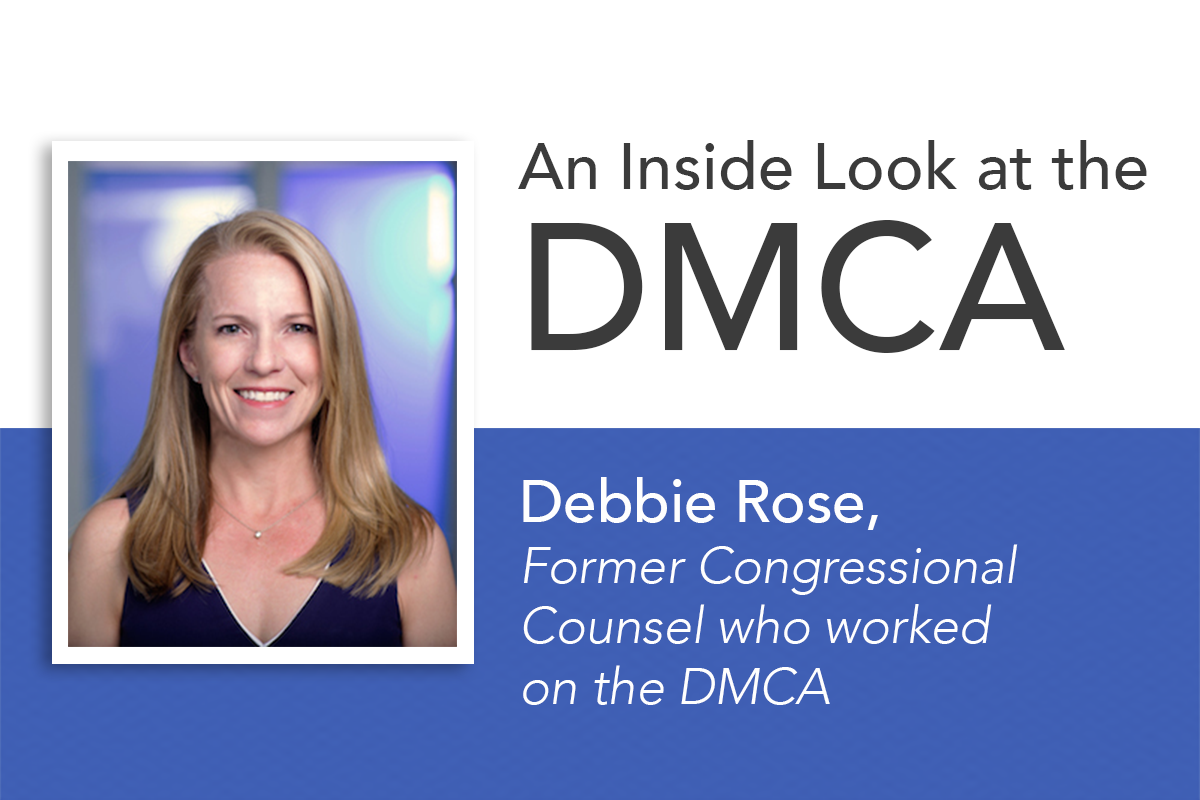Last week, the U.S. Copyright Office held the final hearings to decide whether there should be exemptions from the no-circumvention or no-hacking to access digital copyrighted works rule in the Digital Millennium Copyright Act (DMCA). The Copyright Office does this every three years, and each time there is a predictable increase in anti-DMCA rhetoric. It is always the same: the DMCA is bad, the DMCA hampers innovation, the DMCA locks up content and prevents fair use.
Representing thousands of software companies, ACT | The App Association has been engaged in DMCA discussions since it was enacted. We have always worked to protect and promote a legal and regulatory environment in which innovation can thrive. With apps having grown to an $87 billion industry and creating over 75,000 U.S. jobs, we feel pretty safe that the DMCA isn’t hampering innovation in our field, and may actually be…good?!
But, a recent article by Kyle Wiens in Wired magazine got our attention with a new attack on the DMCA. In the article, Mr. Wiens says that John Deere–the green tractor guys–submitted a request to the Copyright Office claiming the company physically owns the tractors it sells to farmers. Wait… what now?
But, not surprisingly, Mr. Wiens is wrong. Nowhere in the 24-page submission does John Deere claim ownership of the tractor. John Deere isn’t on the title and the company does not want to take it away from whoever’s name IS on the title. So what is the submission about? John Deere claims ownership of the copyrighted software code embedded in the vehicle.
Why would John Deere, or any other manufacturer, block access to the software inside their product and use copyright law to prevent users from accessing it? Well, they put a lot of time, money, and risk into creating their product and don’t want others to steal their product. Further, these companies don’t want the software altered in a way that will expose users to harm and damage the company’s reputation.
Mr. Wiens also perpetuates misunderstandings about the DMCA by repeating the same old arguments that it prevents fair use and hampers innovation. Anybody can look around at the vast number of ways they use technology and innovation in every aspect of their lives and understand this simply isn’t true. Farmers are a sophisticated group who see that technological innovations have improved weather prediction, seed and crop quality, and automation of irrigation and fertilization.
Copyright law can be esoteric, nuanced, and difficult, and people who don’t understand it have been making the same tired claims about the DMCA for more than 15 years. ACT | The App Association’s paper on the DMCA debunks critics’ claims (in an easy-to-read way) and is a nice primer for the inevitable next round of false claims about the DMCA.
